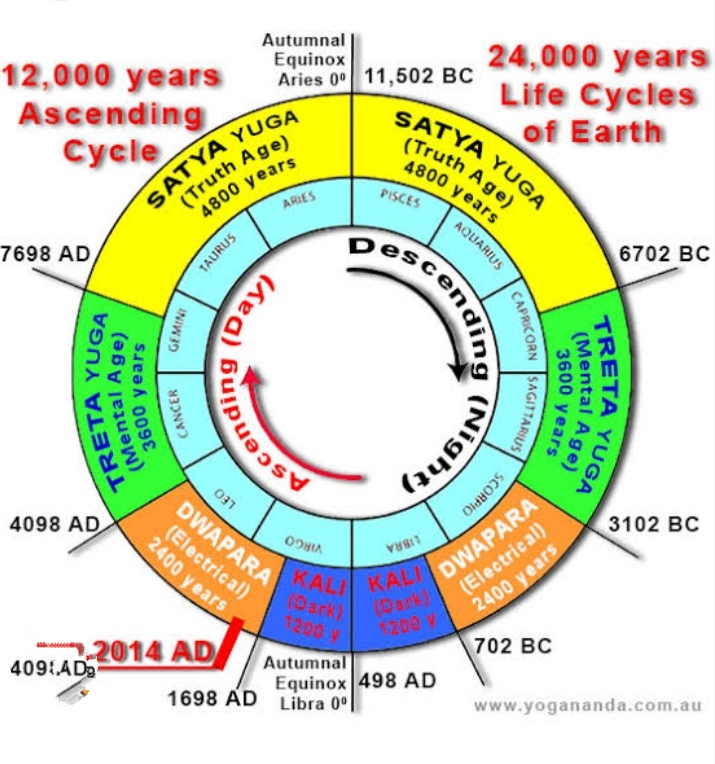Yuga significant explore

Yuga, a Sanskrit term, holds significant importance in Hindu philosophy and cosmology. It refers to a cycle or age that encompasses the evolution and transformation of the universe and humanity. The concept of Yuga is deeply rooted in the belief that time is not linear but moves in cycles, with each Yuga marking a distinct phase in the cosmic order.
According to Hindu scriptures, there are four Yugas: Satya Yuga (also known as Krita Yuga), Treta Yuga, Dvapara Yuga, and Kali Yuga. Each Yuga is believed to have a specific duration and characteristic features that influence human behavior and societal norms.
Satya Yuga is considered the golden age, characterized by truth, righteousness, and spiritual enlightenment. It is said to be the most virtuous and prosperous era. Treta Yuga follows, marked by the decline of righteousness and the introduction of societal hierarchy.
Dvapara Yuga is characterized by the rise of conflicts and an increase in materialistic pursuits. Finally, Kali Yuga, the current age, is believed to be an era of moral and spiritual decline, filled with selfishness, greed, and spiritual ignorance.
Understanding the Yugas provides a framework for comprehending the cyclical nature of time and the challenges faced by humanity in different epochs. It emphasizes the importance of individual and collective moral development, as well as the pursuit of spiritual knowledge and enlightenment, to navigate the challenges of each Yuga successfully.
Moreover, the concept of Yuga serves as a reminder that change is inevitable and that the current state of the world is temporary. It instills a sense of hope and encourages individuals to strive for personal growth and contribute positively to society, despite the challenges presented by their era.
In conclusion, Yuga holds great importance in Hindu philosophy, offering insights into the cyclical nature of time, the evolution of humanity, and the need for moral and spiritual development. It serves as a guide for individuals to understand their roles and responsibilities in their respective eras and to work towards creating a more enlightened and harmonious world.







